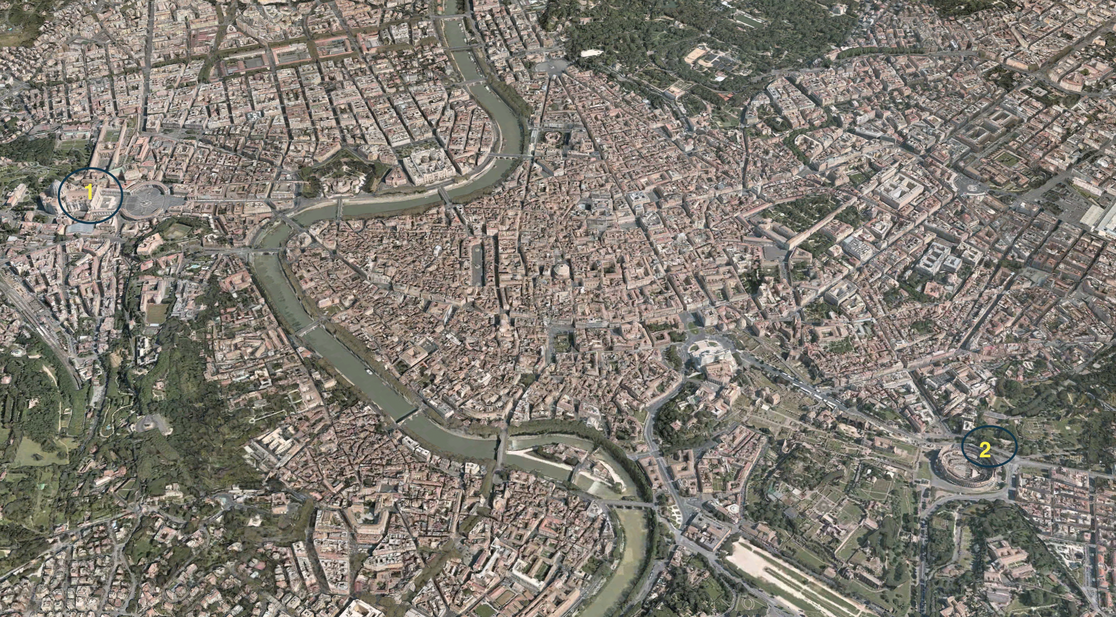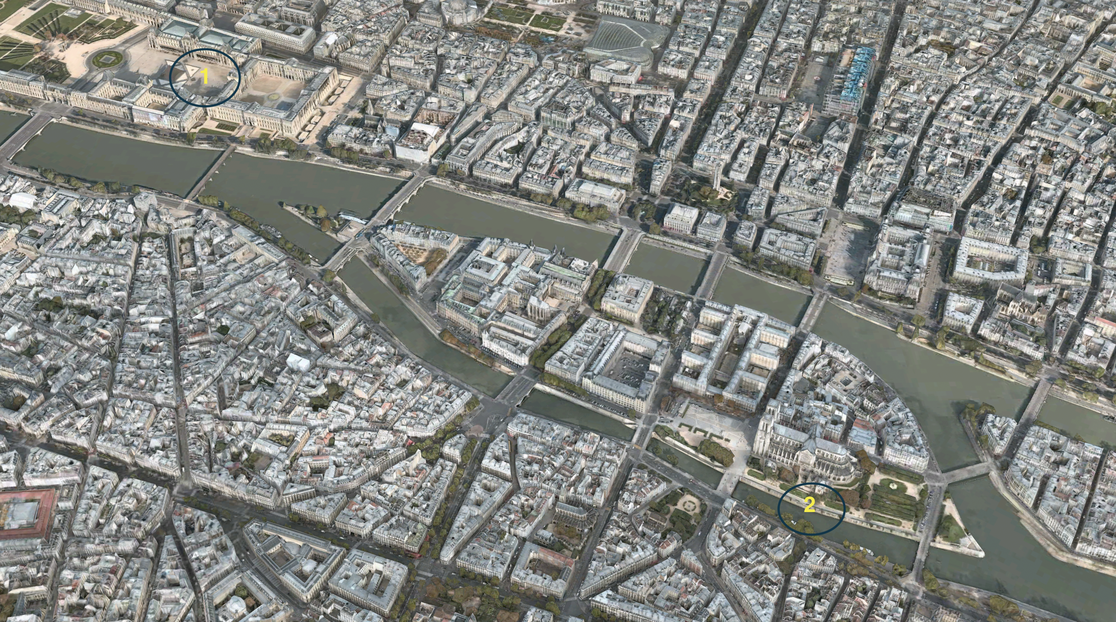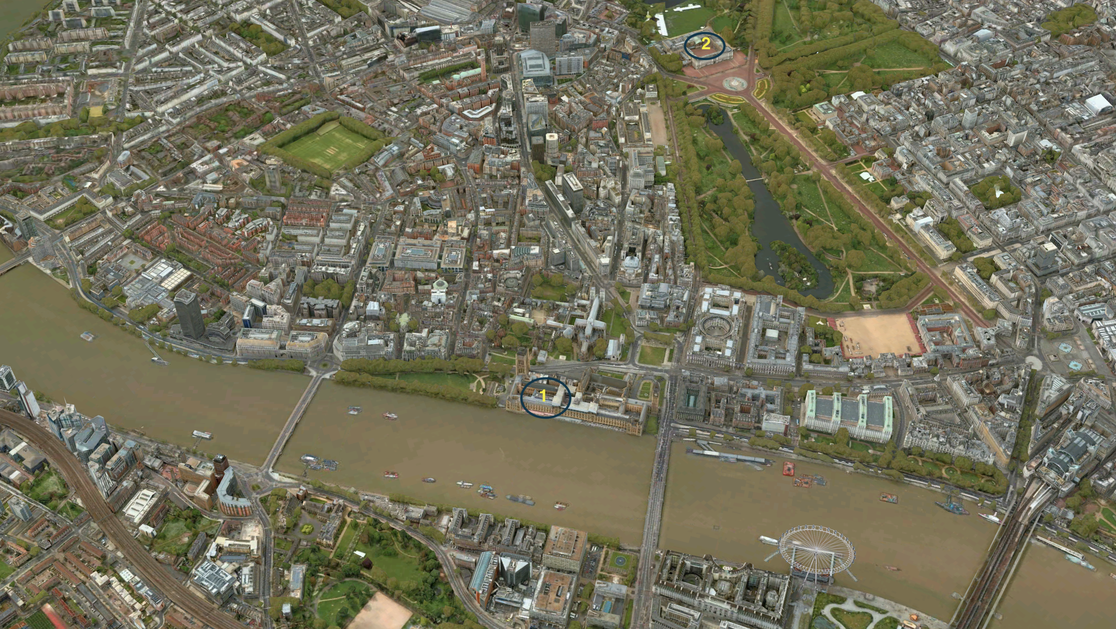| | | | | | | Presented By NetJets | | | | Axios World | | By Dave Lawler · May 05, 2022 | | Welcome back to Axios World. - In tonight's edition, (1,889 words, 7 minutes), Lula surprises and Putin apologizes. But we start with abortion access around the world.
- Heads-up: We've got two new episodes of our podcast on Putin's invasion coming next week. Catch up here.
New arrival? Subscribe. | | | | | | 1 big thing: The state of abortion access around the world |  Data: Center for Reproductive Rights; Note: Some countries with restrictions may permit abortion in cases of rape, incest and/or fetal impairment. Map: Axios Visuals If the U.S. Supreme Court overturns Roe v. Wade and paves the way for states to implement abortion bans, the U.S. would join only three countries — El Salvador, Nicaragua and Poland — that have rolled back abortion rights since 1994, Axios' Laurin-Whitney Gottbrath writes. The big picture: Nearly 50 countries have liberalized their abortion laws — though some only incrementally — over the last 25 years. - The rollback of abortion rights has come in countries "where democracies have eroded," says Margaret Harpin, a legal adviser at the Center for Reproductive Rights, which advocates for abortion rights and tracks abortion laws worldwide.
- But the overall trend has been toward liberalization of abortion laws, Harpin tells Axios.
Here's a look at current abortion laws worldwide, according to data from the Center for Reproductive Rights: 24 countries, home to about 91 million women of reproductive age, prohibit abortion under all circumstances. - El Salvador has some of the strictest abortion laws in the world. At least 180 women have been prosecuted for abortion or aggravated homicide after having obstetric emergencies, such as a miscarriage or stillbirth. Some of these women have been released after public pressure, but many remain in prison.
- Nicaragua implemented a total ban on abortion in 2006, while Honduras hardened its ban last year with a constitutional amendment.
- Malta is the only EU member state to ban abortion with no exceptions.
- Other countries with total bans include the Dominican Republic, Egypt, Haiti, Iraq, Madagascar, Nicaragua, the Philippines and Senegal.
42 countries or territories allow abortions to save a pregnant person's life. Some also allow abortion in cases of rape, incest or fetal impairment. - Chile currently falls into this category, but may no longer if it includes reproductive rights in its new constitution.
Nearly 50 countries or territories allow abortion for health or therapeutic reasons, or in other exceptional circumstances. - Poland is among the countries that have rolled back abortion rights in recent years and now only allows abortion in cases of rape, incest or if there's a risk to a woman's health or life. In practice, it's almost impossible to get an abortion, according to Amnesty International.
- 13 more countries — including Ethiopia, India and Taiwan — allow abortion under a broader "range of circumstances."
76 countries allow abortion on request, with varying gestational limits. - Colombia this year decriminalized abortion. Argentina legalized abortion last year, and Ireland did so in 2018.
- South Korea and New Zealand have also liberalized their abortion laws in recent years.
|     | | | | | | 2. Ukraine latest: EU official pushes back on intel-sharing claims |  | | | On the front lines in eastern Ukraine. Photo: Narciso Contreras/Anadolu Agency via Getty | | | | A European official told reporters today that "inappropriate communication" about the intelligence being provided to Ukrainian forces could "trigger an unexpected reaction" from Russia. Between the lines: The NYT reported last night that intelligence provided by the U.S. had helped Ukraine kill several Russian generals, while NBC reported today that Ukraine used intelligence provided by the U.S. to target the Moskva warship. Both cited anonymous U.S. officials. - "We have to be very careful of what we are doing and we have to be very careful of what we are saying" on intelligence-sharing, the European official said, both "for the security of the operation on the ground" and "because we don't want to go to war with Russia."
- The official questioned the NYT's report, arguing that Ukraine had been able to target Russia generals not because of U.S. intelligence but because the Russians were using "former Soviet Union doctrines" that involve sending generals to the front.
- The Pentagon also pushed back on that report, saying it was not providing intelligence on the locations of senior military officials.
State of play: Russia's offensive in the Donbas has yielded little progress in recent days, but Russia is moving to strike railroads and other Ukrainian supply lines to blunt the flow of Western-supplied arms to the front, the European official said. - Ukraine is changing its supply routes daily to reduce its vulnerability, said the official, who was providing an overview of the latest military assessment. Russia's challenge is "human" (low morale and high casualties) while Ukraine's is "material," the official said.
- The remaining Ukrainian-held areas in the Donbas include rivers and urban areas that could make the fighting more difficult for Russia.
- If Russia succeeds in taking the remainder of the Donbas, it could push on toward Odessa. But the official said that was unlikely because Russia likely lacks sufficient troops to undertake such a difficult operation.
What's next: "Our main goal is to stop this war as soon as possible and to go into a negotiation," the official said. - Ukraine's ambassador to the U.S. set out a more ambitious goal today — to push all Russian troops from Ukrainian territory, Axios' Sophia Cai reports. Some Western countries, particularly the U.K., have made similar statements.
- Vladimir Putin might give a clue to his own ambitions in his "Victory Day" speech on Monday.
Go deeper: Pentagon details U.S. training of Ukrainian forces |     | | | | | | 3. 15 million COVID deaths |  Data: WHO; Map: Jared Whalen/Axios The true pandemic death toll is nearly 15 million, according to a new WHO report. Zoom in: The reports finds that 4.7 million people have died in India, nearly one-third the global total and 10x the official number. The Indian government reportedly tried to block its release and today challenged its "validity." Breaking it down: The report examines excess deaths in 2020 and 2021 to get a fuller picture than official COVID fatalities, which are typically much lower. - Adjusted for population, the highest death rates during that time came in Peru, Bulgaria and Bolivia, followed by several Eastern European countries, including Russia. The WHO's estimate in Russia was 3.5x the official figure.
- The U.S. death rate is above average, but hardly an outlier. Mexico's is far higher, while Canada's is much lower.
- Some countries that controlled COVID effectively — such as Australia, China and Japan — actually had fewer deaths than the model would have anticipated without COVID.
Worth noting: The authors are less confident in their findings in some countries where data was limited, particularly in Africa. |     | | | | | | A message from NetJets | | NetJets looks ahead with optimism | | |  | | | | To continue offering exceptional service, NetJets is taking industry-leading steps, including the following: - Adding new aircraft to support demand.
- Recruiting top pilots and other service-focused employees.
- Strategically managing their sales process.
Explore NetJets' plans for growth. | | | | | | Bonus: Where in the world? | | Can you identify the following major European cities based on the two landmarks shown in each photo (and while you're at it, name those too)? A. Screenshot via Apple maps B. Screenshot via Apple Maps C. Screenshot via Apple Maps Scroll to the bottom for the answers. |     | | | | | | 4. World isn't aligned with West against Russia |  | | | Illustration: Shoshana Gordon/Axios | | | | Brazilian presidential front-runner Luiz Inácio Lula da Silva offered a stark reminder this week that the world is not united over Russia's invasion of Ukraine when he told Time magazine that the U.S., EU and Ukraine itself bear as much responsibility for the war as Vladimir Putin. The big picture: Sanctions on Russia are still limited largely to NATO, EU countries and America's allies in the Pacific. Not only did countries representing more than half of the world's population decline to condemn Russia's invasion at the UN, the momentum toward Moscow's international isolation seems to have slowed even as evidence of Russian war atrocities has mounted. - As Angela Stent of Brookings notes, Putin was wrong in betting that the West would be unable to unite against him. But he was largely right that the rest of the world would decline to sanction or condemn Russia.
- Beijing has stood behind Moscow economically and rhetorically through state media and official statements blaming NATO for the war.
- Meanwhile, big oil producers including Saudi Arabia have stood by a production pact with Russia despite Western objections.
It's not just authoritarians sitting on the fence. What he's saying: "Putin shouldn't have invaded Ukraine. But it's not just Putin who is guilty. The U.S. and the E.U. are also guilty," Lula said, later adding that Western leaders were "encouraging" the war by backing Ukrainian President Volodymyr Zelensky rather than negotiating with Putin. - South African President Cyril Ramaphosa also blamed NATO for the war. India has taken a neutral stance on the invasion while buying up more Russian oil at a discount.
- Lula's opponent in October's election, President Jair Bolsonaro, has expressed neutrality over the war and solidarity with Putin, whom some right-wing nationalists see as an ideological ally.
- But Lula (who was previously Brazil's president from 2003 to 2010) is not the only leader on the Latin American left — where suspicion of the U.S. runs high — to decline to blame Russia. While Mexican President Andrés Manuel López Obrador has preached "non-intervention," his party launched a Mexico-Russia "friendship caucus" in March.
|     | | | | | | 5. Interview: David Miliband on Ukraine and the world |  | | | Miliband. Photo: Thomas Imo/Photothek via Getty Images | | | | "It would be convenient if the division were between democracies and autocracies, but it's not," David Miliband, CEO of the International Rescue Committee and a former U.K. foreign secretary, told Axios. - Customers of Russian arms, oil and agricultural products have clear incentives to avoid Putin's ire, but that's only part of the story.
- Many in the global south see the Western response as hypocritical, Miliband says. While European countries have been sending billions in aid to Ukraine and welcoming Ukrainian refugees with open arms, the response to other conflicts and other refugees has been starkly different.
- Meanwhile, at a time when the world seems to be breaking into geopolitical blocs — with the U.S. on one side and China and Russia on the other — many leaders would rather be on the sidelines than "stuck in the middle," Miliband says. Historical "baggage" linked to Western imperialism doesn't help either.
Zoom out: Miliband spoke with Axios shortly after a trip to central Ukraine, where he visited internally displaced people. - Even after reaching relative safety, "the raw fear is very close to the surface," he says, fear "for what they left behind, for the lives of their fathers, brothers, husbands, for whether their children will ever return home."
- Miliband says the likelihood the war drags on means humanitarian organizations need to dig in "for the long haul."
- Meanwhile, the crisis in Ukraine is pulling attention and resources away from places like Yemen where the needs are equally dire.
The bottom line: "We are reaping the whirlwind of a decade in which disorder has been allowed to grow and impunity has been allowed to grow," he says. |     | | | | | | 6. Putin apologized for "Hitler" claim, Israel says |  | | | Putin (right) meets Bennett last October in Sochi, Russia. Photo: Yevgeny Biyatov/Sputnik/AFP via Getty | | | | Russian President Vladimir Putin apologized on Thursday for his Foreign Minister Sergei Lavrov's false claim that Adolf Hitler had "Jewish blood," the Israeli Prime Minister's Office said following a call between Putin and Prime Minister Naftali Bennett. Why it matters: Lavrov's comments created a diplomatic crisis between Russia and Israel, which was heightened Tuesday after the Russian Foreign Ministry doubled down on Lavrov's statements and accused Israel of supporting Ukrainian "neo-Nazis," Axios' Barak Ravid writes. - If confirmed, Putin's apology is a remarkable walk back.
Catch up quick: In an interview with an Italian TV channel on Sunday, Lavrov used the erroneous claim about Hitler's ancestry to justify calling Ukraine's Jewish president a Nazi. - Israeli officials condemned Lavrov's comments as antisemitic "lies" — the first time they had publicly condemned the groundless Russian claim that Zelensky is a Nazi.
- But the Russian Foreign Ministry attacked Lapid, saying his response to Lavrov's remarks contradicted history and that Israel's government "supports the neo-Nazi regime" in Kyiv.
Go deeper. |     | | | | | | 7. Stories we're watching |  | | | A camp for internally displaced people in Niger during a visit by UN secretary-general António Guterres. Photo: Issouf Sanogo/AFP via Getty | | | - New push for Biden to act on hostages
- World leaders express alarm on Roe v. Wade
- Russia-Israel tensions flare
- U.S. explores Middle East leaders' summit during Biden visit
- China's top leaders signal reprieve for tech companies
- U.S. says Brittney Griner "wrongfully detained" by Russia
- This ancient water practice could help with Peru's drought
Quoted: "The patriarch cannot transform himself into Putin's altar boy." — Pope Francis on what he told Patriarch Kirill, a Putin loyalist and the head of the Russian Orthodox Church, in a recent call |     | | | | | | A message from NetJets | | NetJets looks ahead with optimism | | |  | | | | To continue offering exceptional service, NetJets is taking industry-leading steps, including the following: - Adding new aircraft to support demand.
- Recruiting top pilots and other service-focused employees.
- Strategically managing their sales process.
Explore NetJets' plans for growth. | | | - A. Rome: 1. St. Peter's Basilica; 2. The Colosseum
- B. Paris: 1. The Louvre; 2. Notre Dame
- C. London: 1. Houses of Parliament; 2. Buckingham Palace.
|  | It's called Smart Brevity®. Over 200 orgs use it — in a tool called Axios HQ — to drive productivity with clearer workplace communications. | | | | | | Axios thanks our partners for supporting our newsletters. If you're interested in advertising, learn more here.
Sponsorship has no influence on editorial content. Axios, 3100 Clarendon Blvd, Suite 1300, Arlington VA 22201 | | | You received this email because you signed up for newsletters from Axios.
Change your preferences or unsubscribe here. | | | Was this email forwarded to you?
Sign up now to get Axios in your inbox. | | | | Follow Axios on social media:    | | | | | |














No comments:
Post a Comment